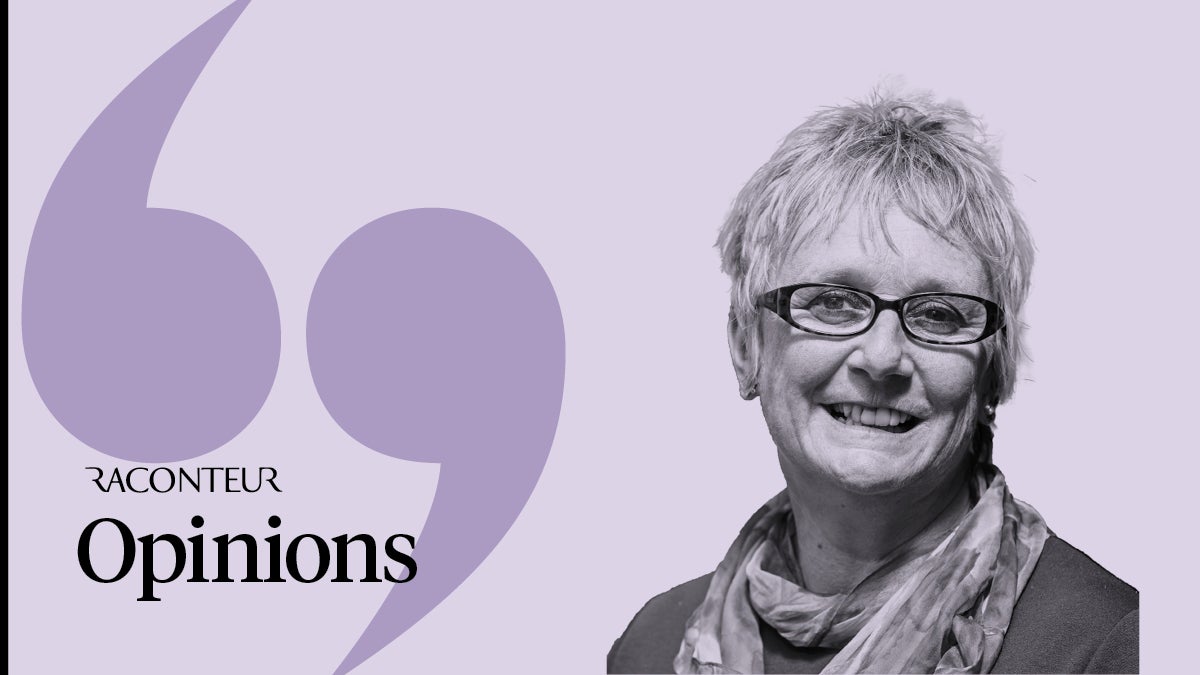
Anita Longley, Chair, Institute of Corporate Responsibility and Sustainability
The global pandemic and climate change have demonstrated the interconnected and interdependent nature of our economic, social and environmental systems. The vulnerability of businesses, society and the economy to external shocks has hit home hard.
ESG – environmental, social and corporate governance – issues have been catapulted to centre stage with a new urgency. Now, it is widely acknowledged that ESG is fundamental to greater resilience as businesses have been forced to reappraise corporate risk.
The good news is that, more than ever, mainstream investors, chief executives and their boards are starting to take ESG seriously, recognising these concerns as vital to ensuring their businesses’ future success.
Sustainability rose to the top of the agenda in 2019, with the launch of sustainability and net-zero strategies and the rewriting of entire value propositions.
This momentum accelerated in 2020, despite and in part due to the coronavirus pandemic. In 2021, it has become a part of many decision processes alongside traditional risk and strategic considerations. ESG has gone fully mainstream.
However, the ESG rush must not be simply a knee-jerk, box-ticking exercise. As conversations have shifted up several gears in a very short space of time, it is important that ESG becomes fully integrated into business strategy and not just another lens.
The spotlight on ESG has heralded an unprecedented demand for corporate responsibility and sustainability (CRS) expertise. But was the average CRS professional ready for this change?
CRS professionals now interact at the C-suite level, engaging on everything from a company’s core global strategy to investment decisions. And this encompasses a broad spectrum of social and environmental priorities. The outcome of their advice has major repercussions and is rightly scrutinised to a much greater degree.
As individuals, professionals must manage the pressures of this new responsibility as we push further into this critical decade for the planet.
Moreover, the prominence of CRS cannot be a short-term fad. It must remain a mainstay of the ESG ecosystem, for the long term. CRS work is about helping companies positively engage in the process of shaping our shared future.
Ultimately, businesses can only make progress in their ESG strategies if they convince the financial markets that they are worth the investment.
In the past, impact investors led the ESG charge. But 2020’s market shocks made the entire investment sector sit up and the $715-billion impact investment market is set to grow.
Investors are now aiming to double their sustainable investments over the next five years. And from early-2021, changes to MiFID II sustainable finance measures will oblige financial advisers to incorporate ESG into advice.
Companies looking to take advantage of this market must show they have engaged with all relevant stakeholders during a difficult year, that they have a plan and are on the path to lasting positive impact.
Climate change and its associated risks are real. If business and society are to thrive, everyone has a part to play.
But a chief executive deciding they want to lead a sustainable business does not instantly make an organisation or business system sustainable. We need more than words, more than communications; we need organisational and societal change.
Governance structures, policies, procedures and scorecards should all be overhauled. Companies must set real and transparent goals that are far reaching and science based. Achieving those goals has to be non-negotiable.
Only through this level of change will we become responsible corporates, responsible investors and a responsible society. It will take a huge amount of effort, but that is the necessary next step. Until we take it, and make the investments in time and resources, we will not see the systemic change we need.

Anita Longley, Chair, Institute of Corporate Responsibility and Sustainability
The global pandemic and climate change have demonstrated the interconnected and interdependent nature of our economic, social and environmental systems. The vulnerability of businesses, society and the economy to external shocks has hit home hard.
ESG – environmental, social and corporate governance – issues have been catapulted to centre stage with a new urgency. Now, it is widely acknowledged that ESG is fundamental to greater resilience as businesses have been forced to reappraise corporate risk.
